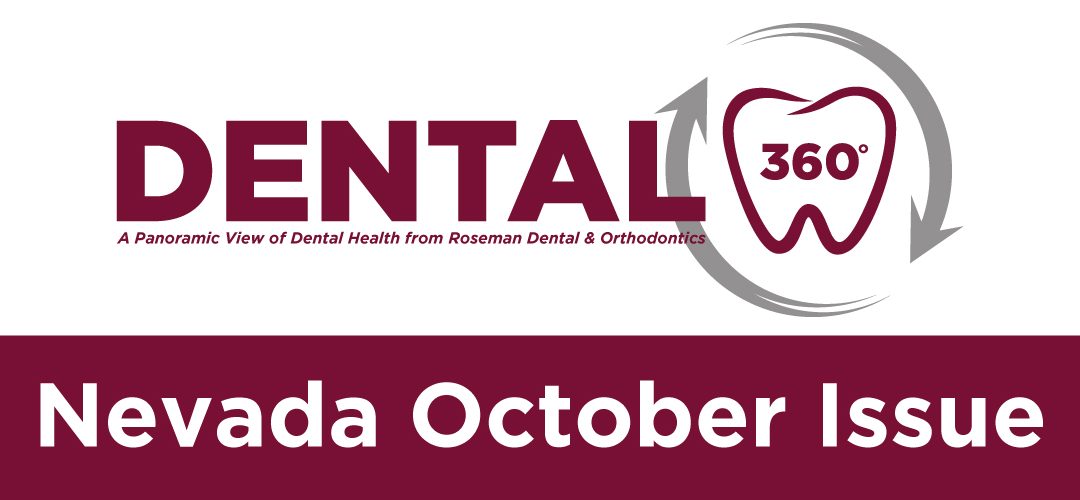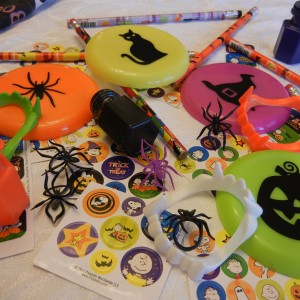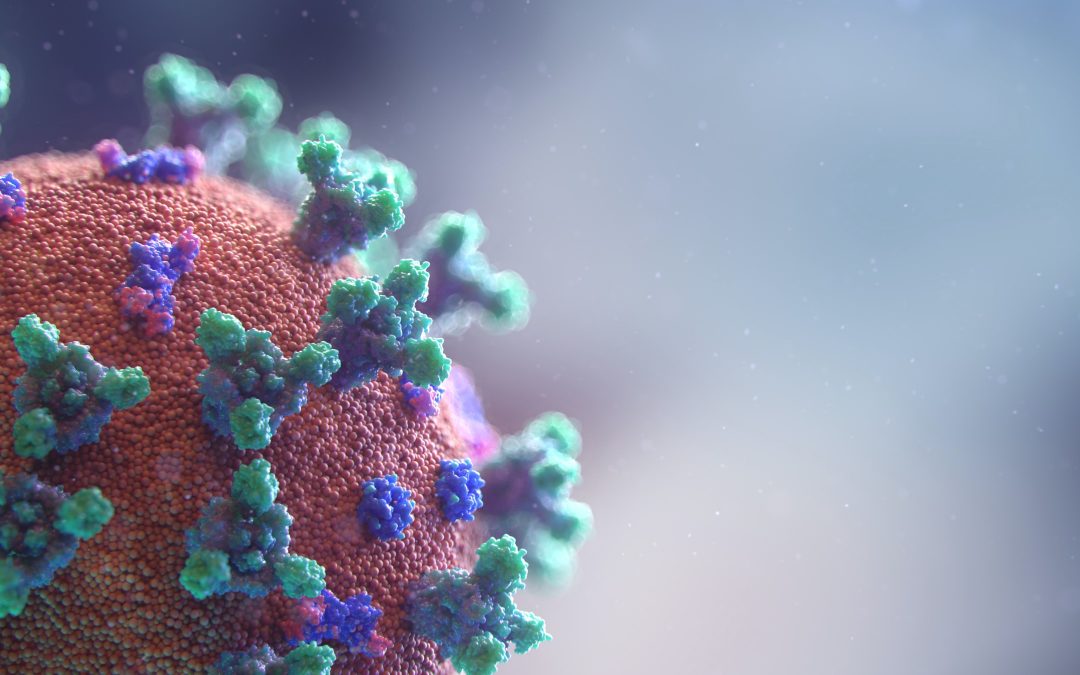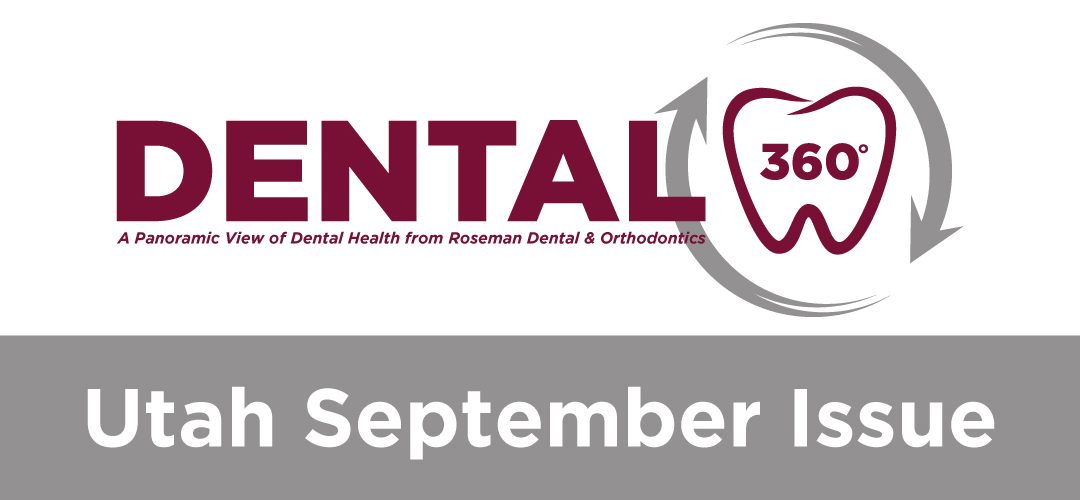
by Roseman Dental | Oct 13, 2021 | Dental 360, Dental Clinic Blog, Roseman Dental - NV
Halloween is almost here! In this October issue of Dental 360°, you’ll find out which Halloween treats have scary effects on your teeth. You’ll also get advice about handling fear about going to the dentist and you’ll learn why many people have been neglecting their oral health during the pandemic. And hey, did you know that you probably need a new toothbrush?
Roseman Dental & Orthodontics’ Dental 360° is a monthly e-newsletter. Each month you’ll receive a panoramic view of dental health. Dental health is key to your overall health and here at Roseman Dental & Orthodontics, we are dedicated to improving not only your mouth, but your whole self. At our clinic we have an excellent team of licensed dentists, orthodontists, orthodontic residents – 30 to be exact, and dental residents all focused on you and your family’s oral health. Roseman Dental & Orthodontics has been serving its community since 2009 and is a comprehensive, one-stop shop for all your dental needs including dental, orthodontic and craniofacial cleft lip & palate treatment.
We hope you find Dental 360° helpful and informative. We look forward to connecting with you each month.
Dental 360° October Articles
Oral Health and COVID
Best and Worst Halloween Treats for Dental Health
Toothbrush Care
Coping with Dental Phobia and How to Overcome
Subscribe to e-newsletter

Click Here to Leave a Review

by Roseman Dental | Oct 12, 2021 | Dental Clinic Blog, Oral Health, Roseman Dental - NV, Roseman Dental - UT
For many people, a trip to the dentist is not at the top of their list of favorite things to do. However, most can get through a checkup with relatively low levels of fear or anxiety. For those who have a dental phobia, even thinking about going to the dentist is enough to cause panic. If you are someone who avoids dental offices due to your inability to deal with the sounds, feelings and overall experiences you associate with an oral cleaning or other dental care, then you could be exposing yourself to negative health consequences caused by inadequate oral health.
Pinpoint your fear, and use these tips to manage it:
Fear of the Unknown
If showing up at the dentist and not having a clue what you are about to undergo sends you into a tailspin, then you may benefit from having a full explanation of all procedures prior to your visit. Make sure that your doctor understands your concerns and is willing to discuss your appointment in advance, whether in person, over the phone, or via video call.
Fear of the Dentist
For some people, the dentist himself is an ominous presence that causes fear. A dentist who only comes into the room for a few moments to inflict pain, all while wearing a mask, can be worrisome. If possible, find a professional who can help you break down the doctor-patient barrier by speaking with you, sitting at eye level, and taking other steps to lessen the tension in the room.
Fear of the Equipment
The tray of equipment next to your chair can look like a line-up of torture devices. The equipment can be loud, sharp and terrifying, but if you take the time to hold and inspect each item, you may find that they are not that scary after all. Talk to your dentist about doing this if it’s the instruments that frighten you.
Fear of Feeling Out of Control
Lying back in the examination chair and letting other people look into the mouth can make some patients feel out of control of their situation. If this is the case for you, ask your doctor if you can be leaned back partially or even assist with the process by holding a tool.
The dentist does not have to be a stress-inducing experience if you are willing to work towards feeling more comfortable in the chair.
Providers at Roseman Dental are committed to providing compassionate care to all patients. They’ll talk through your questions and concerns with patience, understanding, and expertise. Make an appointment today and send your fears down the drain (right along with your plaque, and any other mouth germs).

by Roseman Dental | Oct 12, 2021 | Dental Clinic Blog, Oral Health, Roseman Dental - NV, Roseman Dental - UT
Although your toothbrush might look clean when it sits on the ledge of the sink, the bristles could actually be contaminated with microbial organisms that came from your mouth. Those can live on the bristles for weeks. Fortunately, there are some things you can do to keep your toothbrush clean and effective so you can get good use out of it.
Wash Your Toothbrush
Before and after use, rinse the brush with water to remove debris. You may also want to think about investing in a special device, such as a toothbrush sanitizer, that cleans it much more thoroughly and has built-in technology to kill the aforementioned germs.
Store Your Toothbrush Correctly
Keep your toothbrush stored upright in a position that allows it to dry out. Think about using a bristle cover that promotes airflow through small holes. Some people think that keeping the bristles completely covered is ideal, but that trapped moisture can actually foster bacterial growth on the brush.
Know When to Throw the Brush Out
Your toothbrush isn’t designed to last forever. Replace it every three to four months, or whenever the bristles start to show signs of wear. Take a look today! If the bristles are fraying, or bending downwards or sideways instead of standing up straight, it’s time to pick up a new brush.
Don’t Share Your Toothbrush
You should be the only one who uses your toothbrush. Our mouths can be homes for hundreds of different bacteria and viruses. Sharing is a surefire way to spread disease, from a cold to gingivitis, and even HIV or hepatitis B. Although it’s tempting sometimes, don’t share the brush with a significant other or another person in your household.
Replace Brushes After Illnesses
You’ve already learned how germs can live on toothbrushes for a long time. It should make sense then that you need to throw away any toothbrushes a person has used while he or she was sick.
Use these tips to make sure you have a clean toothbrush that will be able to keep your mouth and teeth just as clean.
Toothbrush hygiene is just part of keeping up with your dental health! Regular cleanings and exams are important ways to make sure your teeth stay looking and feeling good. If you don’t have an upcoming appointment somewhere on your calendar, schedule an appointment at Roseman Dental.

by Roseman Dental | Oct 12, 2021 | Dental Clinic Blog, Oral Health, Roseman Dental - NV, Roseman Dental - UT
 Halloween is a time of year when ghosts, ghouls, princesses and superheroes alike head out into their neighborhoods in search of scrumptious candy. It’s also a holiday that can wreak havoc on your oral health because of the volume—and type—of candy and sugar you are consuming. Whether you’re planning to dress up for a Halloween party, wondering what to give out this year, or just want to be prepared for when your kids bring home buckets of sugar, here are some tips to help you avoid oral health problems.
Halloween is a time of year when ghosts, ghouls, princesses and superheroes alike head out into their neighborhoods in search of scrumptious candy. It’s also a holiday that can wreak havoc on your oral health because of the volume—and type—of candy and sugar you are consuming. Whether you’re planning to dress up for a Halloween party, wondering what to give out this year, or just want to be prepared for when your kids bring home buckets of sugar, here are some tips to help you avoid oral health problems.
Best Halloween Candies for Your Teeth
While your dentist will tell you (correctly) that no candy is actually “good” for your teeth, there are some options that are less bad and should be selected when possible. That includes things like chocolate without sticky fillings or nuts, marshmallows, and softer cookies that won’t stick to your teeth (check out the recipe for a delicious pumpkin season treat below). Even if you avoid sticky treats, it’s important to realize that the sugar in candy feeds bacteria in your mouth, contributing to the buildup of plaque, so you should rinse your mouth with water and try to brush your teeth soon after consuming any sugar.
Worst Halloween Candies for Your Teeth
Sticky treats are by far the worst because they leave sugary nuggets in the deep grooves of your teeth where they are available for bacteria to feed on. That includes things like taffy, caramel, coconut and nuts. Other bad choices include hard candies like lollipops, jawbreakers, and Jolly Rancher™ candies, because they expose your teeth to sugar for a prolonged period of time while they are dissolving (which raises acidity levels in your mouth and damages tooth enamel). Plus, if you try to bite them, your teeth might even chip or break. Sour candies should be avoided because they are highly acidic, as well as candies like Pixie Stix® powder that provide straight sugar for the bacteria in your mouth to consume.
Individuals with braces should be especially careful about eating these treats. Make sure to speak with your orthodontist prior to Halloween to get a list of treats to specifically avoid because they can get stuck in and around the braces, causing decay and damaging the hardware in your mouth.
Healthy Candy Alternatives
 If you plan on being home to pass out treats for trick-or-treaters, there are various healthy, non-candy alternatives you can give to those who come knocking on your door. Healthy alternatives include mini packages of raisins, pretzels, or crackers, which can be purchased at your local grocery store and are typically in Halloween-themed packaging.
If you plan on being home to pass out treats for trick-or-treaters, there are various healthy, non-candy alternatives you can give to those who come knocking on your door. Healthy alternatives include mini packages of raisins, pretzels, or crackers, which can be purchased at your local grocery store and are typically in Halloween-themed packaging.
For folks who want to avoid handing out any food items to trick-or-treaters, there are plenty of things available at a reasonable price. You could hand out pencils, stickers, erasers, slime, spider rings, mini coloring books, temporary tattoos, or plastic vampire fangs. You can find all of these in Halloween designs, and buy them in bulk at places such as Oriental Trading Company, U.S. School Supplies, and Amazon.com.
Check out this braces- and teeth-friendly recipe to enjoy for Halloween and the fall season:
Pumpkin Chocolate Chip Cookies
1 cup pumpkin puree (canned)
1 cup granulated sugar
1/2 cup vegetable oil
1 egg
2 tsp. milk (whole)
1 tsp. vanilla
2 cup all-purpose flour
2 tsp. baking powder
2 tsp. pumpkin pie spice
1/2 tsp. salt
1 tsp. baking soda
1 tsp. chocolate chips (mini)
Directions
- Combine pumpkin puree, sugar, vegetable oil, egg, milk, and vanilla; set aside
- Combine together all dry ingredients, except for chocolate chips; add to wet ingredients, combine well
- Stir in chocolate chips
- Bake at 350 °F for 10-15 minutes

by Roseman Dental | Oct 12, 2021 | Dental 360, Dental Clinic Blog, Oral Health
Maintaining good oral health is more than just about the health of your mouth, teeth and gums. Over the years studies have demonstrated a strong link between oral health and overall health and wellness.
“Mouths are teeming with mostly harmless bacteria,” said Erin Greene, DDS, program director of the Advanced Education in General Dentistry residency program and dentist at Roseman University College of Dental Medicine in Henderson. “Normally the body’s natural defenses and good oral health care — daily brushing and flossing, and regular dental visits — keep the bacteria under control. Without proper oral hygiene, bacteria in the mouth can reach levels that may lead to oral infections, such as tooth decay and gum disease. With the mouth being the entry point to the digestive and respiratory tracts, some of these bacteria can enter the body and cause disease.”
Poor oral hygiene has shown in some studies to contribute to endocarditis, which is an infection of the lining of the heart, cardiovascular disease, and pneumonia. Now, a new study published in the Journal of Clinical Periodontology by researchers at McGill University in Montreal, Canada have found a possible link between oral hygiene and higher rates of complications and more fatal outcomes for individuals diagnosed with COVID-19.
The McGill researchers discovered that COVID-19 patients with gum disease were 3.5 times more likely to be admitted to the intensive care unit, 4.5 times more likely to need a ventilator, and 8.8 times more likely to die when comparing to those without gum disease.
Greene said, “The study found that blood levels of biomarkers which indicate inflammation in the body were significantly higher in COVID-19 patients with gum disease, which may explain the higher rates of complications for those patients.”
In addition to preventative measures, such as masks, frequent hand washing and social distancing, Greene encourages attention to oral hygiene as another way to help protect oneself from COVID-19. “People of all ages should be brushing their teeth at least twice a day with a fluoride toothpaste, flossing daily, and replacing toothbrushes every three months,” she said. “It’s also important to schedule regular dental cleanings and check ups to identify and address any issues.”
Unfortunately, the COVID-19 pandemic caused many Americans to delay their dental care. An article published in JAMA Health Forum in December 2020 reported that one in five adults in the United States – roughly 20 percent – reported experiencing delayed care during the COVID-19 pandemic. In fact, 31-42 percent reported postponing health care for non-COVID-19 issues. This included dental care.
Putting off dental care – or neglecting it entirely – can eventually lead to bigger problems. An absence of treatment increases your chances for health-related complications, more severe illnesses, and higher costs.
“Since the start of the COVID-19 pandemic, I’ve seen a lot of major dental issues. With the shutdown, fears about going to the dentist, and people losing their jobs, many people had no choice but to ignore their dental health, unless they were experiencing significant pain,” said Greene. “With the potential link between oral hygiene and COVID-19 severity, it’s more important than ever to see your dentist regularly.”
Oral health concerns like tooth decay and gum disease can be prevented with regular exams and cleanings. With COVID vaccinations readily available and life returning to normal, now is a great time to schedule the services you may have been delaying. Roseman Dental offers cutting edge care at lower rates than traditional dental or orthodontic clinics.
Article by Jason Roth

by Roseman Dental | Sep 14, 2021 | Dental 360, Dental Clinic Blog, Roseman Dental - UT
Fall has arrived, school is back in session and our Dental 360° e-newsletter has returned from summer break. During this September issue of Dental 360°, you’ll learn about how our clinic was able to provide free dental screenings and cleanings to 200 kids 18 and under. With sports in full swing, you’ll learn the importance of wearing a mouthguard. In addition, you’ll be educated on the benefits of dental sealants and tips for caring for your children’s teeth.
Roseman Dental’s Dental 360° is a monthly e-newsletter. Each month you’ll receive a panoramic view of dental health. Dental health is key to your overall health and here at Roseman Dental, we are dedicated to improving not only your mouth, but your whole self. At our clinic we have an excellent team of licensed dentists, dental residents and students, and dental assistants and hygienists all focused on you and your family’s oral health. We offer comprehensive care, are a one-stop shop for all your dental needs and offer dental care at a cost typically lower than what you would find at a traditional dental office. Roseman Dental has been serving its community since 2011 and we look forward to continuing to serve you and your family.
We hope you find Dental 360° helpful and informative. We look forward to connecting with you each month.
Dental 360° September Articles
Roseman Dental Cares for 200 Kids at Free Back to School Brush-Up™ Event
The Importance of Wearing Mouthguards
The Benefits of Dental Sealants
Caring for Your Children’s Teeth

Click Here to Leave a Review











